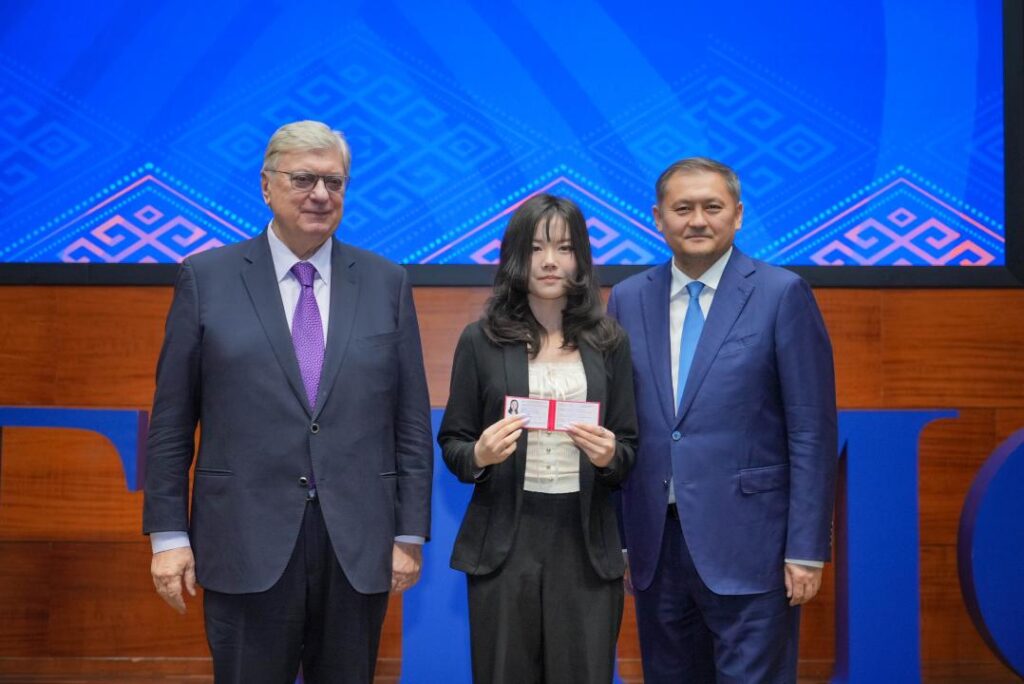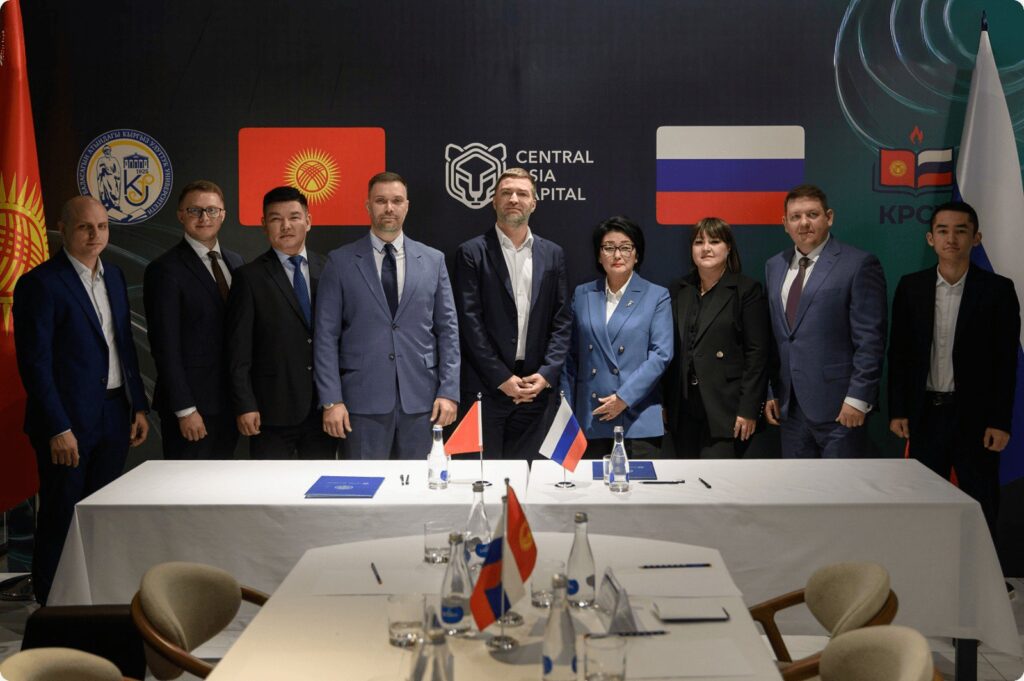Kazakhstan to Train Nuclear Energy Specialists Abroad Through Bolashak Program
Kazakhstan will begin training specialists for its nuclear energy sector at leading international universities through a new track within the Bolashak international scholarship program, the Ministry of Science and Higher Education announced this week. The Bolashak scholarship, launched in 1993, supports education, retraining, and professional development for specialists in priority economic sectors. Initially limited to four countries, the United States, the United Kingdom, Germany, and France, it now allows recipients to study in nearly 30 countries worldwide. More than 13,000 Kazakh citizens have participated in the program to date. The latest initiative adds future nuclear energy professionals to its ranks, aiming to build domestic capacity ahead of Kazakhstan’s planned entry into the nuclear power sector. This week, Minister of Science and Higher Education Sayasat Nurbek signed a four-party memorandum launching the new program. Other signatories included Almasadam Satkaliev, Chairman of the Atomic Energy Agency; Adil Kusmanov, Chairman of the Board of JSC “Center for International Programs”; and Yernat Berdigulov, General Director of LLP “Kazakhstan Atomic Power Plants.” “The initiative will attract specialists in engineering, technical, and scientific fields, which will be key to the development of Kazakhstan's nuclear energy sector,” the ministry stated. The program will provide 20 pilot grants in 2026, with similar allocations expected annually. It will cover international internships, as well as master’s and doctoral programs at top universities around the world. A key requirement will be cooperation with potential employers and guaranteed job placement for graduates. Tripartite agreements are being signed between scholarship recipients, nuclear sector enterprises, and the Bolashak program’s administrator to ensure employment pathways. Work is already underway to finalize agreements with several foreign institutions, including Pennsylvania State University (U.S.), Grenoble INP-UGA (France), Shanghai Jiao Tong University (China), City University of Hong Kong, and the National Research Nuclear University MEPhI (Russia). “The creation of a dedicated training track for the nuclear sector within Bolashak will help form a skilled pool of engineers, technologists, operators, and other specialists with international-level qualifications,” the ministry noted. Earlier this year, President Kassym-Jomart Tokayev announced plans to establish two “science cities” in Almaty and Kurchatov to support the development of nuclear energy and nuclear medicine. Kazakh universities have also launched domestic training programs to prepare personnel for the country’s first nuclear power plant, which is currently under development.






